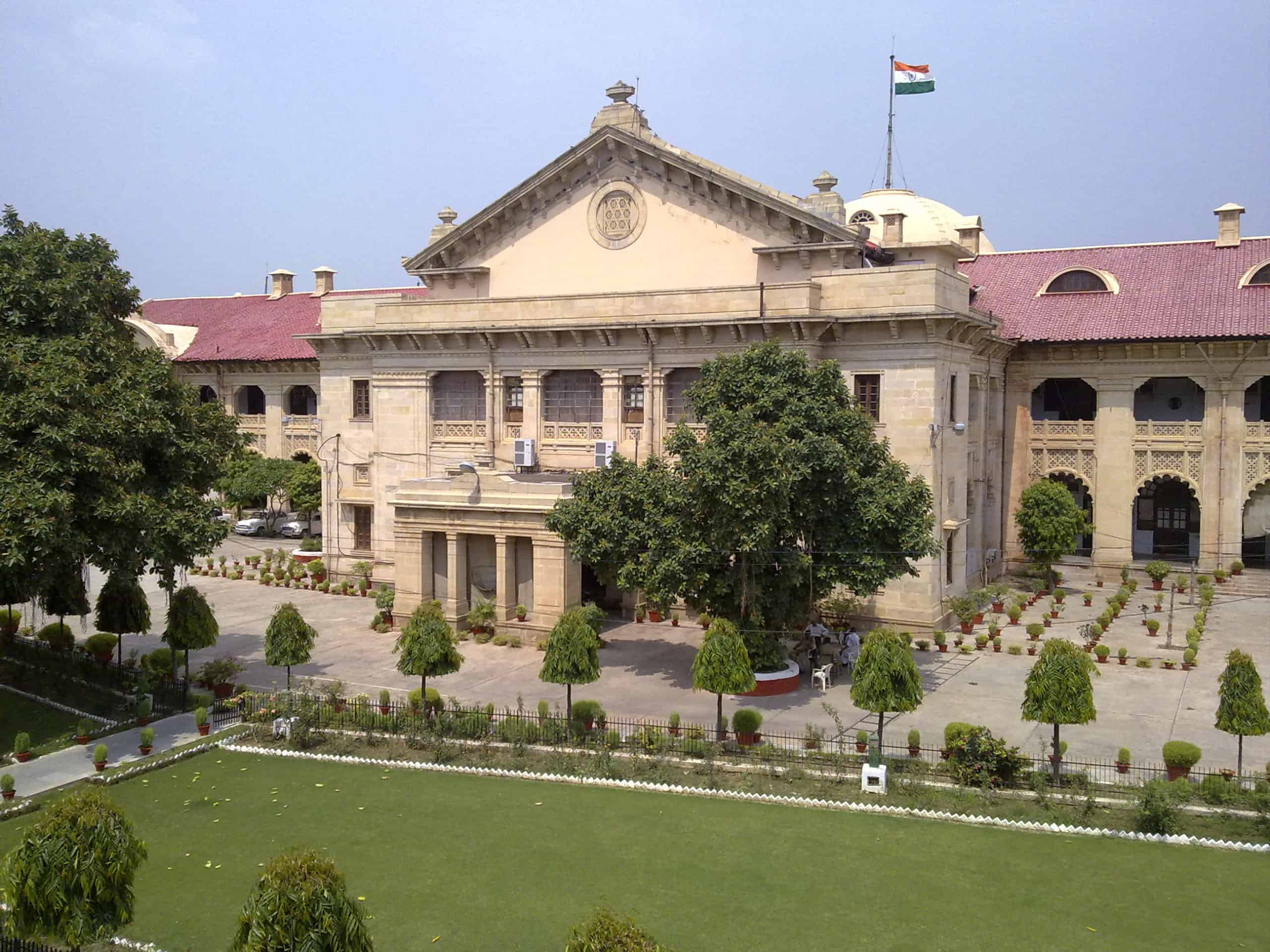The Calcutta High Court on Thursday held that that if the thirty-day grace period for condonation of delay as provided under Section 34 (3) of the Arbitration and Conciliation Act falls during court vacation, it would still be included in calculating the period of limitation [State of West Bengal v Rajpath Contractors & Engineers Ltd].
While passing the order, Justice Shekhar B Saraf was cognizant of the fact that such a unique situation would render the extended period otiose.
Therefore, the single-judge stayed the operation of this judgment while granting the petitioners leave to appeal it before the Supreme Court.
“Given the lacuna in law which may not have been foreseen by the legislature, the instant case now involves a question of law of general importance which, in the considered opinion of this Court, needs to be decided by the Supreme Court,” reads the order.
The petition at hand challenged an arbitral award passed on June 30 2022. The plea was filed on October 31.
It was not in dispute that the limitation period began on July 1. The petitioner argued that the three-month limitation period expired on October 1.
It was stated that since the court was closed for vacation starting October 1, the benefit of the extended thirty-day period applied to them. Therefore, the petition which was filed on the day of reopening (October 31) was maintainable.
Section 34 (3) of the act grants the award-debtor with a further period of thirty days to challenge an arbitral award if they are able to provide sufficient cause to explain the delay in filing.
On the other hand, the respondents argued that the three-month period lapsed on September 30 and consequently, the extended period ended on October 30.
The court began by recording that limitation or procedural hurdles should not act as barriers on the carriageway to justice, but that was not to say that the flow of traffic must not be regulated to ensure orderly movement and prevent frequent accidents.
“Therefore, the Limitation Act, 1963 is not an obstacle per se, but rather aids in effectuating the flow of justice. I am of the firm opinion that legal remedies should not be available endlessly or else the very purpose for which they exist will be defeated.”
Justice Saraf, on examining the record, found that the prescribed period of three months stood expired on October 1 and the application ought to have been filed on or before September 30.
In light of this, it was held that the extendable period of thirty days began on October 1 and ended after thirty days on October 30.
“At this stage, I am constrained to observe that when the limitation could boil to a matter of one day, the petitioners ought to have filed the instant Section 34 application within the Puja Vacations”, it was concluded.
With this, the petition was dismissed on the ground of maintainability.
Nonetheless, keeping in mind the peculiar facts of the case wherein the benefit of the extendable period could not be made available to the petitioner, the judgment was stayed for an appeal before the top court.
“Given the lacuna in law which may not have been foreseen by the legislature, the instant case now involves a question of law of general importance which, in the considered opinion of this Court, needs to be decided by the Supreme Court.”
Advocate General SN Mookherjee, Senior Advocate Samrat Sen, AoR Paritosh Sinha, and Advocate Shourya Samanta appeared for the petitioners while the respondents were represented by Advocates Priyankar Saha and Srijani Mukherjee.
Source Link

![[Arbitration Act] Extended limitation falls during court vacation: Calcutta High Court says plea not maintainable; allows appeal to Supreme Court 1](https://lawupdates.in/wp-content/uploads/2020/07/SC-1.jpg)


